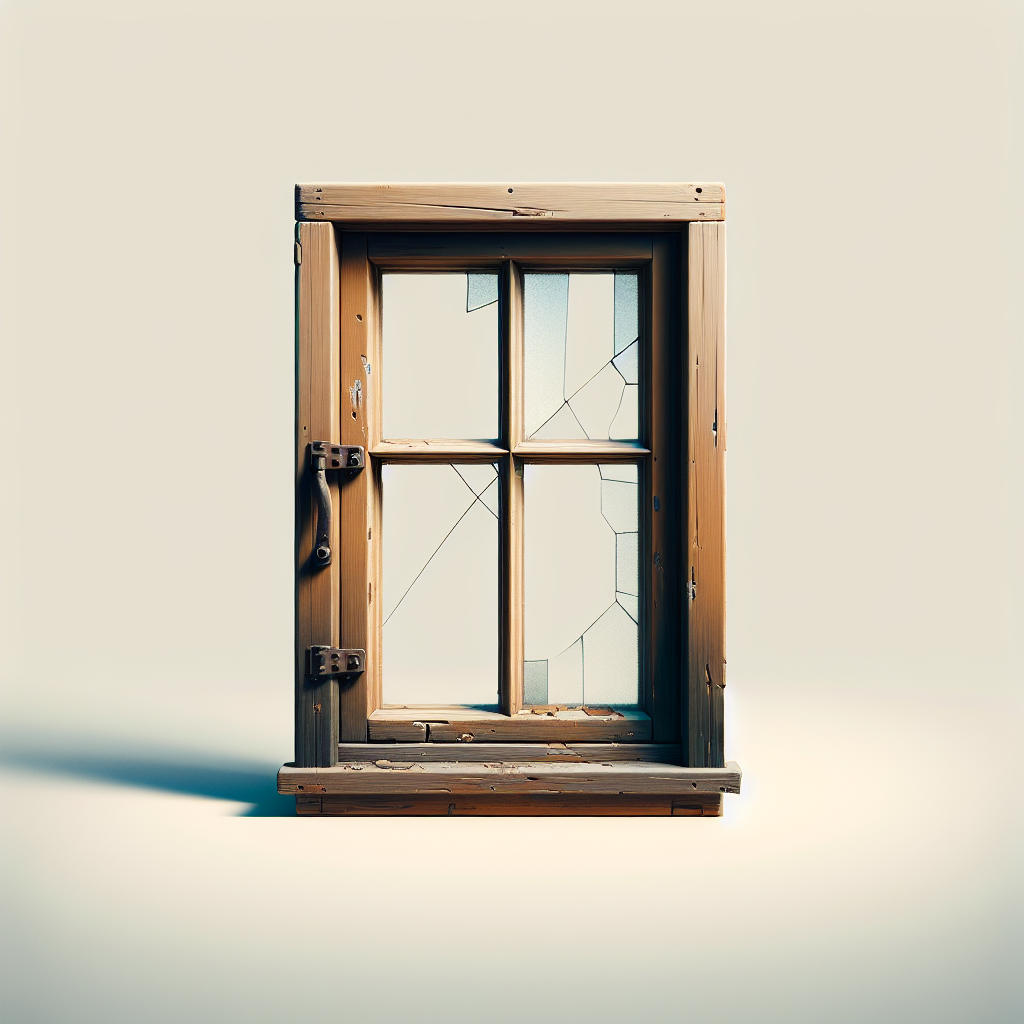
The windows in your home do more than just provide a view. They play a crucial role in energy efficiency, security, and aesthetics. Understanding when to replace your windows can save you money, improve your comfort, and enhance your property’s value. But how often should you actually replace windows? This blog post will cover the lifespan of windows, signs of bad windows, when to upgrade, the best time for window replacement, and the cost of waiting to replace windows.
Window Lifespan: How Long Should They Last?
Windows are not a one-size-fits-all solution. Their lifespan can vary significantly depending on several factors, including the material, installation quality, and climate. On average, most windows last between 15 to 30 years.
Wood windows, while beautiful and classic, generally have a shorter lifespan, typically around 15 to 20 years. They can be susceptible to rot, especially in damp climates. Vinyl windows, on the other hand, can last up to 30 years or more. They require less maintenance and are more resistant to the elements.
It’s essential to consider the quality of your windows. High-quality windows made from durable materials will generally last longer than cheaper options. Regular maintenance can also extend the life of your windows, so don’t overlook simple tasks like cleaning and sealing.
Signs of Bad Windows: What to Look For
Recognizing the signs of deteriorating windows is crucial for timely replacements. Here are some indicators that it may be time to consider an upgrade:
Drafts and Air Leaks
If you feel drafts near your windows, it’s a clear sign that they are no longer sealing properly. This can lead to increased energy bills, as your heating and cooling systems have to work harder to maintain the desired temperature.
Condensation and Moisture
Foggy glass or condensation between the panes indicates that the seal has failed. This not only affects your windows’ appearance but also their insulation properties. Over time, this can lead to mold and mildew growth.
Visible Damage
Cracks, chips, or warping in the window frame are physical signs that your windows need attention. Damage can compromise the structural integrity and energy efficiency of your windows.
Difficulty Operating
If your windows are hard to open or close, it’s a sign that they may be warped or have damaged hardware. Windows should operate smoothly for both safety and convenience.
When to Upgrade Home Windows: Timing Is Key
Deciding when to upgrade home windows is not just based on age; it also involves assessing their condition. If your windows are approaching the end of their expected lifespan and showing signs of wear, it might be time to start planning for a replacement.
Consider your home’s energy efficiency ratings. If your windows are not performing well, you could be losing money on heating and cooling costs. Upgrading to energy-efficient windows can lead to significant savings over time.
The Best Time for Window Replacement
Timing your window replacement can affect the overall success and cost of the project. Ideally, the best time for window replacement is during mild weather conditions. Spring and fall are often considered the best seasons, as temperatures are moderate, making the installation process smoother.
Winter can be challenging due to cold temperatures, while summer heat can make the installation uncomfortable. However, if your windows are severely damaged or failing, it’s crucial to replace them regardless of the season. Delaying replacement can lead to more significant problems down the road.
Cost of Waiting to Replace Windows
One of the most significant factors to consider is the cost of waiting to replace windows. If you delay necessary replacements, you may end up paying more in energy bills due to poor insulation. Additionally, unresolved issues, such as water damage or mold, can lead to costly repairs.
Investing in new windows can be daunting due to the upfront costs. However, consider this: energy-efficient windows can pay for themselves over time through savings on heating and cooling expenses. Plus, new windows can enhance your home’s curb appeal and market value.
If you’re hesitant about the cost, it’s worth getting an estimate and exploring financing options. Many manufacturers offer incentives or rebates for energy-efficient windows, making them more affordable.
In conclusion, knowing when to replace your windows is essential for maintaining your home’s comfort and efficiency. By understanding the lifespan of windows and recognizing the signs of bad windows, you can make informed decisions. Don’t wait too long; the benefits of upgrading your home’s windows can be substantial, both in the short and long term.
